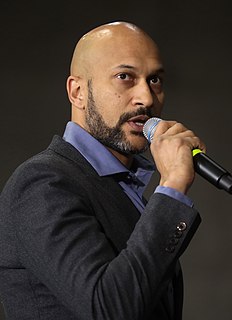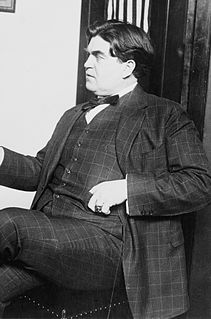A Quote by Evgeny Morozov
It's true that virtually all new technologies do trigger what sociologists would call 'moral panics,' that there are a lot of people who are concerned with the possible political and social consequences, and that this has been true throughout the ages.
Related Quotes
There is but One God, His name is Truth, He is the Creator, He fears none, he is without hate, He never dies, He is beyond the cycle of births and death, He is self illuminated, He is realized by the kindness of the True Guru. He was True in the beginning, He was True when the ages commenced and has ever been True, He is also True now.
There is but One God. His name is Truth; He is the Creator. He fears none; he is without hate. He never dies; He is beyond the cycle of births and death. He is self-illuminated. He is realized by the kindness of the True Guru. He was True in the beginning; He was True when the ages commenced and has ever been True. He is also True now.
This new war, like the previous one, would be a test of the power of machines against people and places; whatever its causes and justifications, it would make the world worse. This was true of that new war, and it has been true of every new war since... I knew too that this new war was not even new but was only the old one come again. And what caused it? It was caused, I thought, by people failing to love one another, failing to love their enemies.
It is true that one was not allowed at the time to really ask, what would lead people to do this, from what sense of political outrage or injury? And in that way, the possibility of sympathetic identification was foreclosed. That does not mean that some people took quiet pleasure in certain icons of US capitalism coming down, even though they would oppose such action on moral and political grounds.
True religion is a universal and (necessarily) ego-transcending psycho-physical motivation of human beings. However, up to the present stage in human history, only relatively few individuals in any generation have been willing and able to make the gesture that is true religion (or, otherwise, true esotericism). In their great numbers, most people have, up to now, never yet been ready or willing to adapt to the true (and progressive) practical, moral, devotional, Spiritual, and Transcendental Wisdom-culture of right life.
A religion true to its nature must also be concerned about man's social conditions....A ny religion that professes to be concerned with the souls of men and is not concerned with the slums that damn them, the economic conditions that strangle them, and the social conditions that cripple them is a dry-as-dust religion.
Chroniclers of the role of paper in history are given to extravagant pronouncements: Architecture would not have been possible without paper. Without paper, there would have been no Renaissance. If there had been no paper, the Industrial Revolution would not have been possible. None of these statements is true.





































